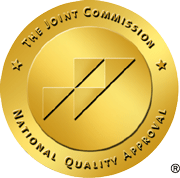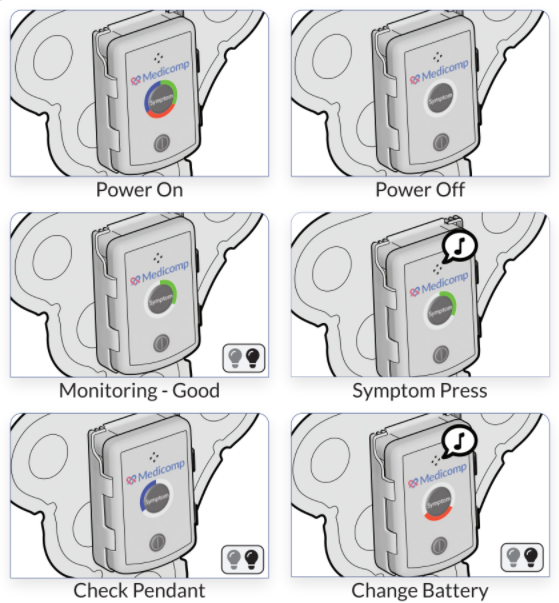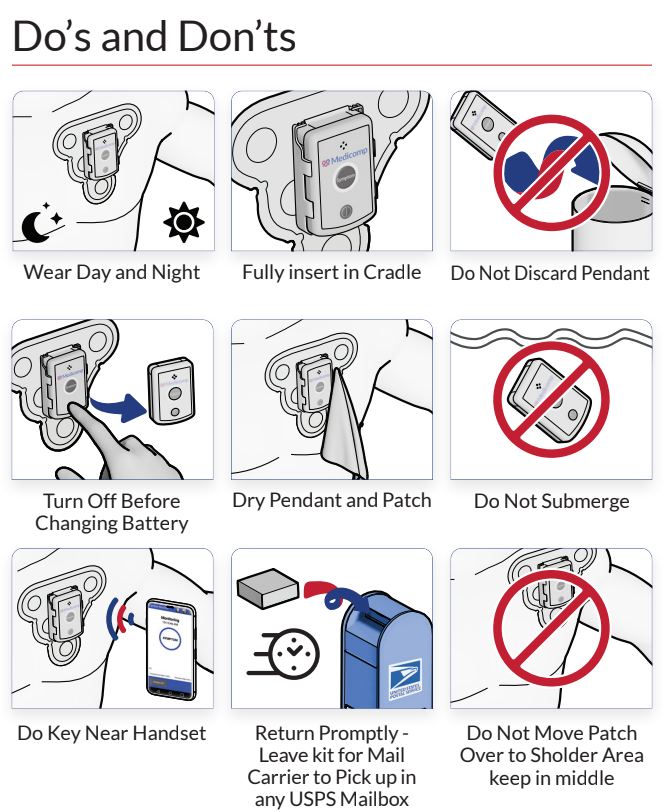A study published in the Journal of the American Heart Association reports that while stroke rates are lowering for those above 55, rates are quickly increasing for those aged 35 to 39. This is a major cause for concern and indicates that increased cardiac education may be needed for younger generations. ReactDx, experts in holter monitoring, explain the findings of the recent study.
The new study, led by Joel N. Swerdel, M.S., M.P.H., examined data from 1995-1999 and 2010-2014. The data was collected from all stroke or heart disease hospitalizations in New Jersey for patients 18 and older. The data led to some sobering findings.
- In patients over 55, the stroke rate decreased.
- In patients between 35 to 39, the rate of strokes more than doubled.
- In patients between 40 and 44 years old, the rate doubled.
- In patients between 45 to 54, the rate increased, but not as much as in the younger age groups.
The study also found that the “golden generation,” who were born between 1945 and 1954, had lower stroke rates than both the generations before and after them. Researchers hypothesize this is because obesity, smoking, and diabetes are less common in this generation. The researchers also suggested that younger generations are less likely to take medications, such as medications for high blood pressure, as prescribed.
There are a number of factors that can contribute to a higher stroke rate for the younger generations. Those under 55 may have grown up eating more sugary foods, such as cereals, each day. Obesity is another factor. The study didn’t account for risk factors, as all information was pulled from raw number data, but there are a myriad of risks that different generations are more likely to have.
Overall, this study highlights the importance of cardiac education for younger patients. As risk continues to heighten, cardiologists should point out risk factors, discuss signs and symptoms with patients, and should educate patients about the potential impact a stroke could have on their life. Prevention is absolutely key to decreasing stroke rates for patients under 55.
For additional information about cardiac research, follow the ReactDx blog. For more information on holter monitoring and other cardiac devices, contact us online or at (800) 234-3278.



